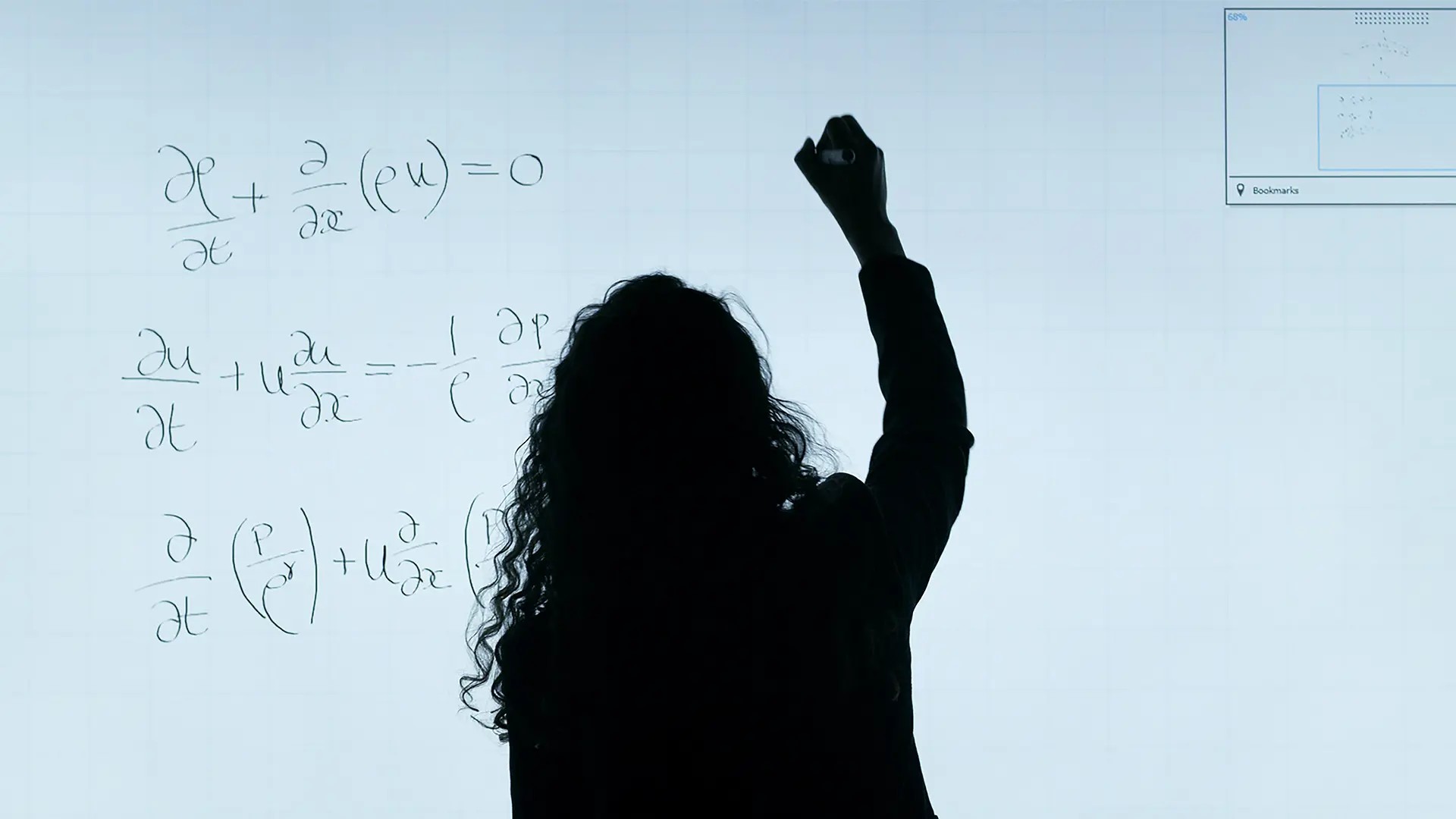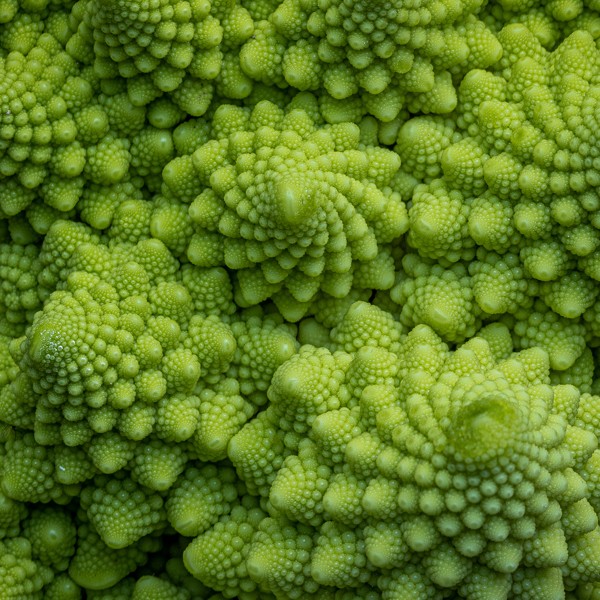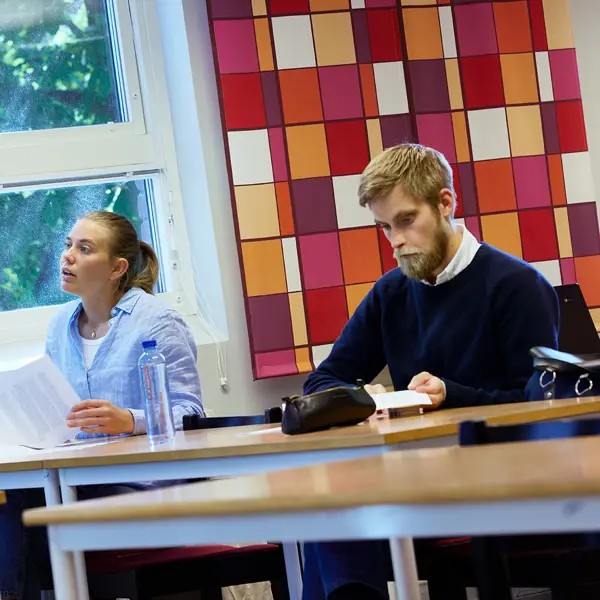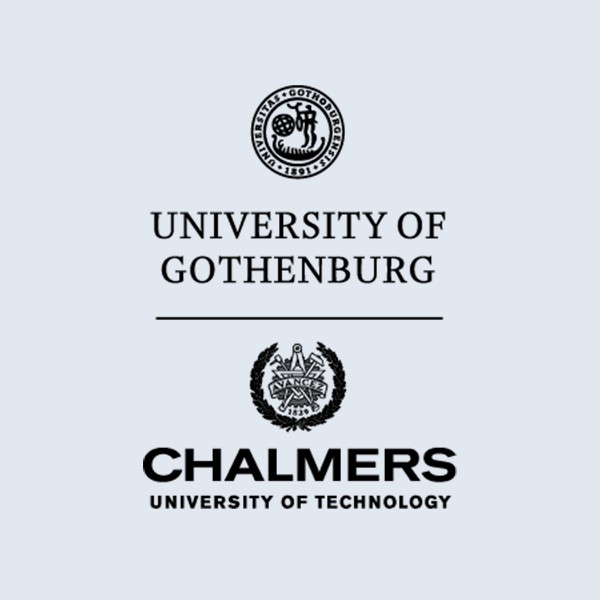
The Department of Mathematical Sciences educates in mathematics at both Chalmers and Gothenburg universities. Here you can read more about the different programs and what similarities and differences there are.
The Department of Mathematical Sciences is joint for Chalmers and University of Gothenburg, this means that our teachers, researchers and doctoral students teach and do research at both universities. For you as a student it means a larger number of courses to choose from, and you can use facilities such as libraries and study places at both universities.
Why should I study mathematics?
The demand for mathematical and statistical competence is high in many modern businesses. As a trained mathematician, it is generally easy to get a job, and the forecast says that there will be plenty of jobs for new graduates in the future as well.
As a mathematician you can work at pharmaceutical companies, insurance companies, technology companies and financial institutions. State and municipal operations in traffic, environment and finance also need mathematical competence. Some technical mathematicians work with advanced mathematics in classical engineering fields such as fluid dynamics, strength, optimization theory and electromagnetism. Mathematicians play a central role in, and are in high demand for, work on artificial intelligence and machine learning.
Bachelors studies
Teaching at bachelors level at Chalmers and University of Gothenburg is conducted in Swedish, and information about the programmes is only available in Swedish. Switch to the Swedish language version to find the information.
Master's programmes

Engineering mathematics and computational science, MSc at Chalmers
Nowadays, there is mathematics in virtually everything, from mobile phones to passenger cars and oil tankers. The internet is built on mathematics. Google is based on probability theory, while cryptology and secure data transfer are based on classical number theory. Modern physics, chemistry, climate science, bioinformatics — the list is long. This master's programme will provide you with a solid base in a combination of mathematics, mathematical statistics and computational science. After graduation, you will not only be able to master a given area of engineering, but also take part in the development of mathematical models and algorithms.

